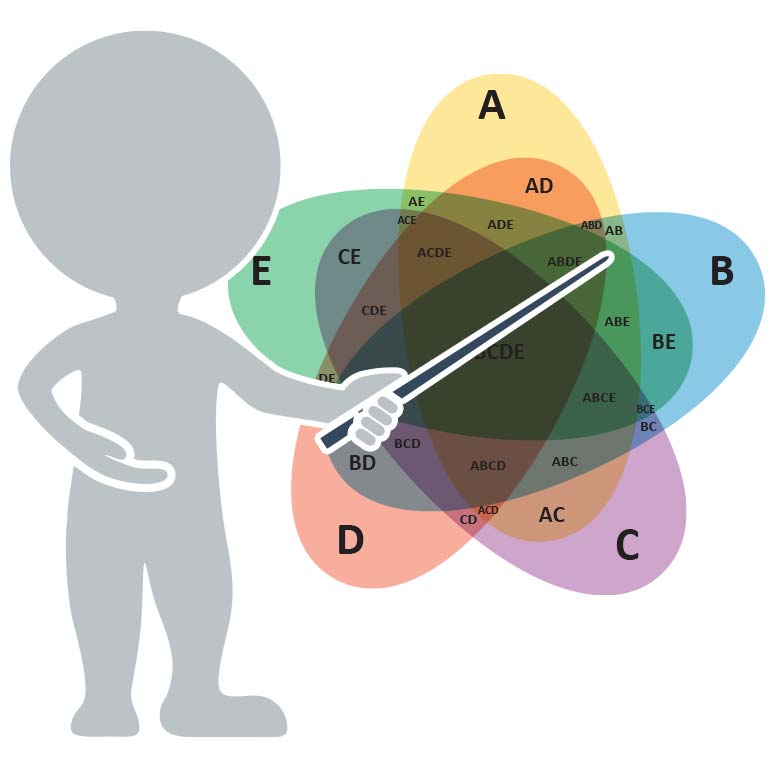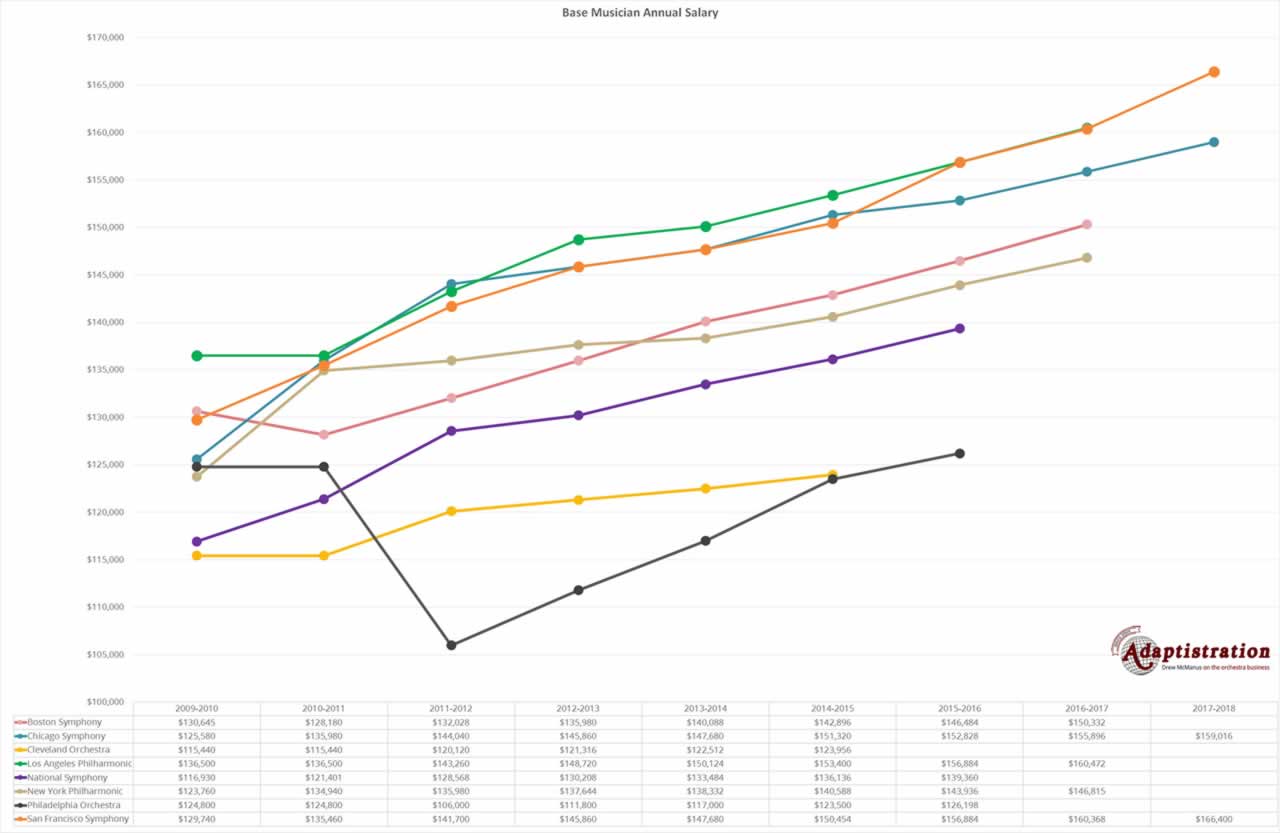Due to the inherent separation between musicians and staff, most orchestras spend a great deal of resources (financial and time) distributing information to orchestra musicians and maintaining communication. This occurs in the form of printing reams of paper for mailings, memos, schedules, maps, as well as hours and hours of labor to collate and prepare all of these documents for distribution. Much of this could (and should) be handled via digital format. Here are a few examples:
- Orchestra rehearsal and performance schedules should be posted online through an orchestra musician informational website.
- Orchestra roster information could be posted in real time as last minutes changes are made.
- Organizational memos should be distributed via email instead of paying postage to send them by mail service
- Leave of absence forms, vacation requests, and other request forms should be made available for download and/or submitted via on-line forms.
- Last minute notification from conductors or section leaders regarding changes in performing that week’s repertoire could be distributed via email therefore reducing the “talking time” at rehearsals.
- Changes in scheduled events due to inclement weather or a change in plans can be posted in real time online.
To help maximize the potential of this process, each orchestra should:
- Provide every player and staff member with an individual email such as ImaBassoonist@OrchestraX.org. You could even auto forward any messages to their individual email if they choose.
- Assure that each musicians knows how to navigate the musician’s informational web site.
- Require all members of staff and all musicians have personal access to the internet. Yes, you can complain that’s an added expense for individuals. But come on now, if you don’t have or know how to use the internet and/or email then it’s time to join the 1990’s. Everyone eventually had to learn how to use the telephone once too. Worst case scenario is that the orchestra would have to provide training to a few individuals that currently lack computer skills.
Now these ideas aren’t going to revolutionize the industry like mechanized labor did for the auto manufacturers, but it will help improve the efficiency and the communication throughout the organization. Additionally, the benefit to particular overworked staffers (like personnel managers) comes in the ability for many of them to do much more work from home flextime. Most orchestras already create the majority of their documents by means of integrated office software: word processors, database programs, scheduling programs, etc, so you already have the foundation for this system in place. All you need to do is standardize the methods by which you deliver the information to the musicians. I’m willing to bet that you could cut your overall operational expenses by nearly 10% in a single season with these initiatives.
Stay tuned, the next article in this series will focus on the potential increase in rehearsal efficiency via digitalization of music libraries.


